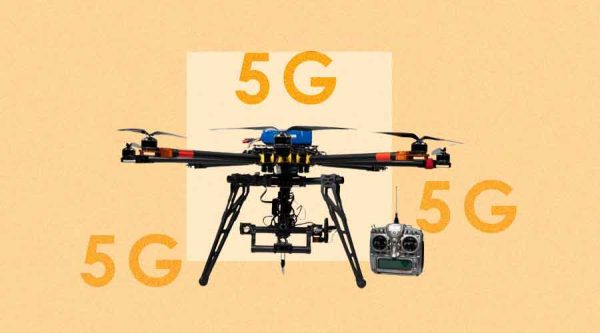
“AR Gaming’s Future: Trends, Innovations, and Beyond Unveiled”
Embark on a journey into the future of gaming with our exploration of Augmented Reality (AR). This article delves into the dynamic landscape of AR gaming, unveiling the trends and innovations that are set to redefine interactive virtual experiences. From seamlessly integrating the real and virtual worlds to the evolution of advanced hardware, we navigate through the immersive storytelling and social dimensions that make AR gaming a thrilling frontier. Join us as we unravel the cutting-edge developments, offering insights into the next era of entertainment where boundaries blur, and players immerse themselves in an unparalleled fusion of reality and virtuality.
Integration of Real and Virtual Worlds:
AR gaming is all about merging the real world with the virtual, creating an interactive and dynamic environment. One of the trends shaping the future is the seamless integration of AR elements into real-world settings. Games like Pokemon Go paved the way, but future developments will likely take this integration to new heights, offering players experiences that are indistinguishable from reality.
Advanced AR Hardware:
The hardware supporting AR gaming is evolving rapidly, contributing to more immersive and realistic experiences. Smart glasses, in particular, are gaining traction as a preferred AR device. Companies like Microsoft with HoloLens and startups like Magic Leap are pushing the boundaries of what’s possible.
Location-Based AR Gaming:
Location-based AR gaming leverages GPS and real-world locations to enhance gameplay. Pokemon Go demonstrated the immense popularity of this concept, and future AR games are likely to explore and expand upon it. Expect to see more games encouraging players to explore their surroundings, uncovering hidden treasures or engaging in location-specific challenges.
Social AR Experiences:
The social aspect is a cornerstone of gaming, and AR is taking it to the next level. Future AR games will likely emphasize social interactions, allowing players to share their augmented experiences with friends in real-time. Collaborative gameplay and shared AR environments will enhance the sense of community, making gaming a more social and interconnected experience.
Immersive Storytelling:
AR gaming has the potential to revolutionize storytelling by bringing narratives to life in the player’s physical environment. Future games will likely focus on creating immersive and interactive stories that unfold seamlessly in the real world. This trend opens the door to a new era of storytelling, where the boundaries between the game and reality are blurred, providing players with unforgettable narrative experiences.
AI Integration for Personalized Experiences:
Artificial Intelligence (AI) is becoming increasingly integral to gaming, and AR is no exception. Future AR games will likely leverage AI to provide personalized gaming experiences. This could include adaptive difficulty levels, customized challenges based on player preferences, and AI-driven characters that respond intelligently to player actions, making each gaming session unique.
Enhanced Multiplayer Experiences:
AR gaming has the potential to redefine multiplayer interactions. Future games may offer more dynamic and collaborative multiplayer experiences, with players interacting in real-time within shared AR environments. Whether teaming up to conquer challenges or competing in augmented arenas, the social aspect of multiplayer gaming is set to become even more engaging and interactive.
Health and Fitness Integration:
The success of fitness-oriented AR games like Pokemon Go and Zombies, Run! has highlighted the potential for combining gaming with physical activity. Future AR games are likely to integrate health and fitness elements seamlessly, encouraging players to stay active while immersed in captivating gaming experiences.
Gamification of Everyday Activities:
The future of AR gaming may extend beyond traditional gaming scenarios, incorporating gamification into everyday activities. AR apps could turn mundane tasks into enjoyable challenges, fostering a sense of accomplishment and reward. This trend has the potential to make routine activities more engaging and fun, contributing to a gamified lifestyle.
Evolving Game Development Platforms:
As the demand for AR gaming grows, so does the need for advanced development platforms. Future innovations in AR game development tools and platforms will empower developers to create richer, more complex experiences. Open-source AR frameworks and collaborative platforms may become more prevalent, fostering a community-driven approach to AR game development.



